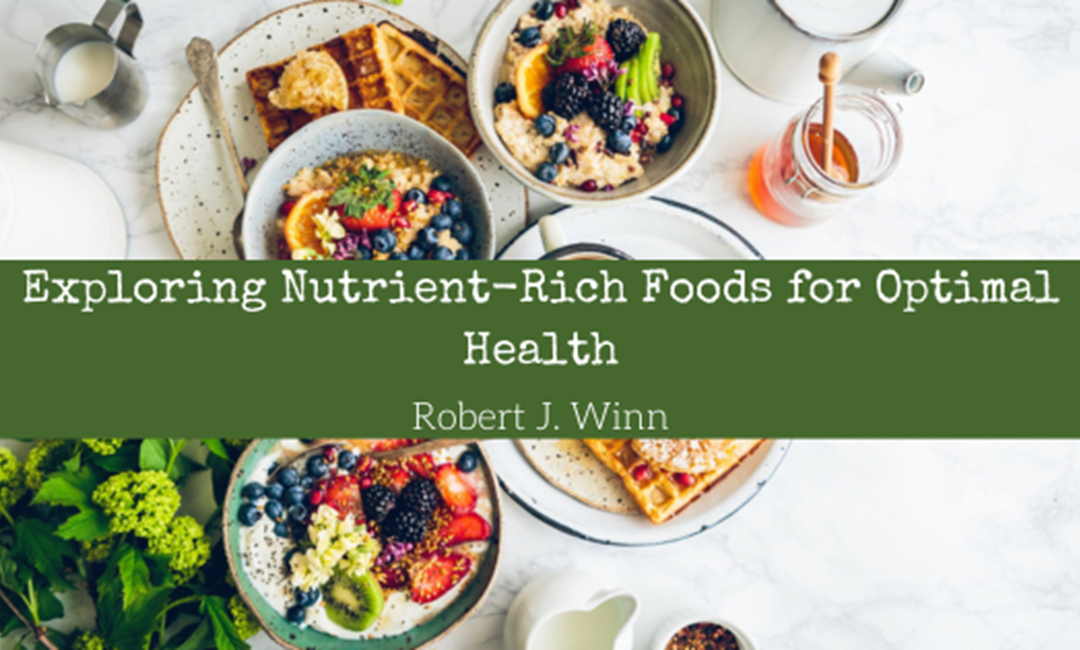Nutrient-rich foods are the cornerstone of a healthy diet, providing essential vitamins, minerals, antioxidants, and other beneficial compounds that support overall health and well-being. By incorporating nutrient-rich foods into your diet, you can nourish your body, boost your immune system, and reduce your risk of chronic diseases. Let’s explore some of the best nutrient-rich foods to include in your diet for optimal health:
Leafy Greens
Leafy greens, such as spinach, kale, Swiss chard, and collard greens, are nutritional powerhouses packed with vitamins, minerals, and phytochemicals. These leafy greens are rich in vitamins A, C, K, and folate, as well as calcium, magnesium, and potassium. Incorporating leafy greens into your diet can help support bone health, reduce inflammation, and protect against chronic diseases like heart disease and cancer.
Berries
Berries, such as blueberries, strawberries, raspberries, and blackberries, are bursting with antioxidants, fiber, and vitamins. These vibrant fruits are rich in anthocyanins, flavonoids, and other plant compounds that have been linked to improved cognitive function, reduced inflammation, and enhanced immune function. Adding berries to your diet can help support brain health, boost heart health, and promote overall longevity.
Fatty Fish
Fatty fish, such as salmon, mackerel, sardines, and trout, are excellent sources of omega-3 fatty acids, protein, and vitamin D. Omega-3 fatty acids are essential fats that play a crucial role in brain health, heart health, and overall inflammation. Consuming fatty fish regularly can help reduce the risk of heart disease, lower blood pressure, and improve cognitive function.
Nuts and Seeds
Nuts and seeds, such as almonds, walnuts, chia seeds, and flaxseeds, are nutrient-dense foods packed with healthy fats, protein, fiber, vitamins, and minerals. These nutrient-rich foods are rich in antioxidants, such as vitamin E and selenium, which help protect against oxidative stress and inflammation. Including nuts and seeds in your diet can help support heart health, regulate blood sugar levels, and promote satiety and weight management.
Whole Grains
Whole grains, such as oats, quinoa, brown rice, and barley, are nutritious staples that provide fiber, vitamins, minerals, and phytonutrients. Unlike refined grains, which have been stripped of their nutrient-rich bran and germ, whole grains retain their natural fiber and nutrients, making them a healthier choice. Consuming whole grains regularly can help support digestive health, regulate blood sugar levels, and reduce the risk of chronic diseases like diabetes and heart disease.
Legumes
Legumes, such as beans, lentils, chickpeas, and peas, are versatile plant-based foods that are rich in protein, fiber, vitamins, and minerals. Legumes are an excellent source of plant-based protein and are low in fat, making them an ideal choice for vegetarians and vegans. Consuming legumes regularly can help support weight management, lower cholesterol levels, and reduce the risk of chronic diseases like diabetes and heart disease.
Incorporating these nutrient-rich foods into your diet can help optimize your health and well-being, providing your body with the essential nutrients it needs to thrive. By prioritizing nutrient-rich foods and adopting a balanced and varied diet, you can nourish your body, support your immune system, and reduce your risk of chronic diseases, leading to a healthier and happier life.

